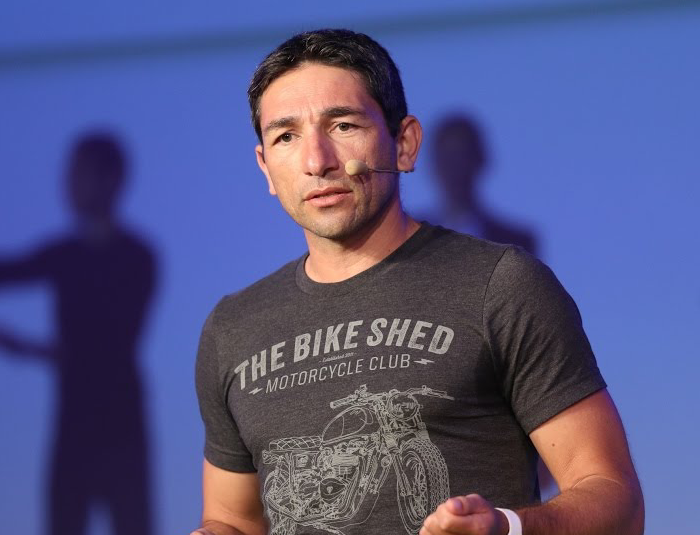
Today we take a detour from our ‘industry leaders’ talks, as we got to meet Nathan Farrugia and ask him a few questions. As an outsider – not involved in any ways with the gambling industry – his is points of view on responsible gaming topics are unbiased and thus even more relevant.
Nathan is a Maltese entrepreneur, renown business coach, athlete and philanthropist. He is also the chair of Inspire, one of Malta’s most active charitable organisations which provides support to people with disability, offering educational, therapeutic and independent living services for both children and adults.
Here’s a few highlights from our interview:
- Nathan, thank you for being our guest and accepting to share your thoughts on Responsible Gaming.
Through your work over the years, you have helped thousands of people in need. How would you wish to be remembered?
NF: Having inspired people to take care of themselves, in order to be of service to others. - If there was a feature that you could change in every person, what would it be?
NF: I would like to see more compassion and empathy in people. - Who left the strongest impression on you professionally, and why?
NF: Douglas Barbaro Sant, on the value of kindness. - Being Maltese, you live in a major hub for the gambling industry. What’s your view of this business?
NF: As an observer, I see it as a form of entertainment and pastime to some, and a business/job for others. - And what is your personal relationship with gambling? Are you a gambler?
NF: No, I am not a gambler. - What don’t you like about the gambling industry?
NF: The ‘addictive by design’ way of building their products. - Do you think companies should do more in the field of Responsible Gaming?
NF: Absolutely! - How do you think the gambling business can find the balance for long term sustainability?
NF: Whilst humans will tend towards selfishness and profits, regulators need to create the balance. True change will come from educating young people to make the right choices. - What would you tell your children if you notice they start to show excitement toward gambling?
NF: Educating them about the consequences of losing control, as well as simple ways to ring-fence funds to not exceed the limits. - What advice would you give to current gamblers?
NF: When you stop enjoying it or see that the stress of losing is affecting you negatively, take a long break and let your brain come off the dopamine kick – like you would with drugs.
One of the most interesting – and probably not discussed enough – topics brought up by Nathan is the tendency from game providers and operators, to create products that are designed to be addictive.
The glowing lights, the cool animations, the coin dropping sounds – these are all psychological tricks, well-known to cause excitement in gamblers. There is one practice though which is particularly shady: the so called ‘losses disguised as wins‘ (LDWs).
To understand in what it consists, think of a multiline slot machine: when you bet 1 credit on 20 different lines, you have wagered a total of 20 credits on the next spin. Now, if your spin results in a 10x win on only one of those lines, the slot will start flashing and making winning sounds, when in fact you have won only 10 over the 20 originally wagered, suffering a net loss of 10 credits.
Interestingly, a recent study lead by Dr. Mike J. Dixon, from the University of Waterloo in Canada, showed that unaware gamblers drastically overestimate their winnings when exposed to LDWs.
The research consisted in giving one group of participants an educational video on slot machines, which explained the concept of losses disguised as wins, while another group of participants was shown a video unrelated to gambling. After being shown the videos, all participants played several rounds on slot machines.
After the session, all players had won on average about 10% of their total spins. However, when asked about their performance, the group of people who were informed about LDWs guessed that about 12% of their spins were won, while the group that watched the unrelated video thought they had won 23% of spins.
As Nathan said, true change will come from educating people.
If company won’t self regulate and modify their practices, to provide easy access to such educative materials could likely help new gamblers stray away from addictive behaviours.
Maurizio Savino